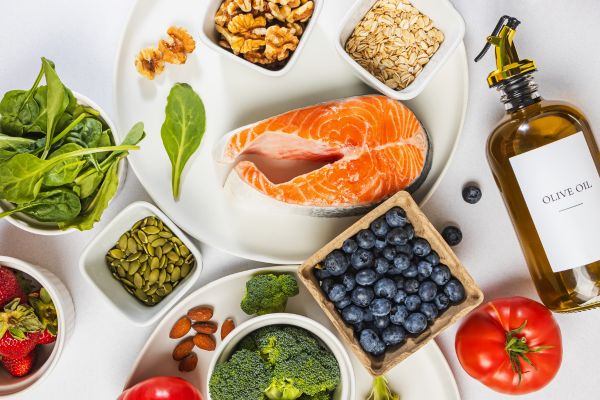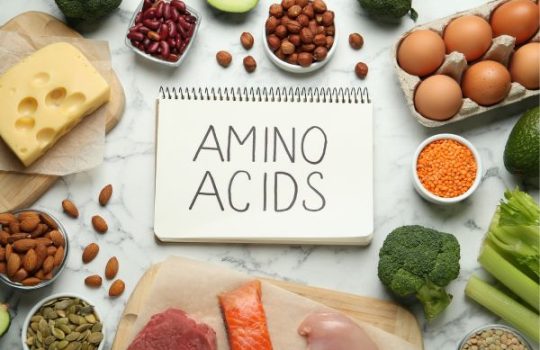Adopt an anti-inflammatory diet
The anti-inflammatory diet is more than just a dietary trend. It is a targeted nutritional approach that can help reduce inflammation in the body, playing a crucial role in the prevention and treatment of many chronic inflammatory diseases, including diabetes, heart disease and arthritis.

Recognizing inflammation in the body
Inflammation can be insidious, meaning that it does not always manifest itself with visible or noticeable symptoms. Yet some signs, such as persistent fatigue, aches and pains, red or dry skin, frequent infections, unexplained weight loss, digestive problems like bloating and constipation, and trouble concentrating or thinking. memory, can indicate inflammation in the body.
Ingredients to include in the anti-inflammatory diet
Anti-inflammatory foods are generally rich in antioxidants, fiber, healthy fats and other essential nutrients. Antioxidants help protect our cells from damage caused by free radicals, unstable molecules that can cause inflammation. Foods rich in antioxidants include:
- colorful fruits and vegetables, such as berries, carrots, spinach and tomatoes.
- Fiber, found in abundance in vegetables, fruits, whole grains and legumes, which helps regulate the body's inflammatory response by promoting gut health and helping to control weight, both factors linked to inflammation.
- Healthy fats, especially omega-3 fatty acids, which have anti-inflammatory properties. Oily fish like salmon, trout, mackerel and sardines, as well as nuts and seeds which are excellent sources of omega-3.
- Extra virgin olive oil is also considered an anti-inflammatory food. It contains a compound called oleocanthal, which has effects similar to nonsteroidal anti-inflammatory drugs. By incorporating these ingredients into your anti-inflammatory diet, you can help reduce inflammation and promote a healthy balance in the body.

Pro-inflammatory foods to avoid
Pro-inflammatory foods are generally those that can increase inflammation in the body.
- Processed foods, such as fast foods, packaged snacks, and some baked goods, often contain food additives, preservatives, and high amounts of salt, sugar, and saturated fats that can increase inflammation. .
- Red meats, especially when grilled or cooked at high temperatures, contain compounds called heterocyclic amines that can promote inflammation.
- Full-fat dairy products, while containing some beneficial nutrients, are also high in saturated fat, which can contribute to inflammation.
- Sugary drinks, like soda and some fruit juices, contain high amounts of added sugar, which can increase inflammation by raising blood sugar levels and promoting weight gain.
These foods can contribute to inflammation by promoting oxidative stress, an imbalance between free radicals and the body's ability to neutralize them. Additionally, excessive consumption of these foods can disrupt the balance of gut microbes, which is increasingly recognized as a key factor in the development of inflammation and chronic disease.
How to integrate an anti-inflammatory diet into your daily life?
Adopting an anti-inflammatory diet is not an obstacle course. Here are some tips to get started:
- Opt for increased consumption of fresh fruits and vegetables.
- Choose lean proteins like fish and poultry.
- Replace saturated fats with unsaturated fats, such as olive oil.
- Limit your intake of sugar and processed foods.
- Enrich your meals with anti-inflammatory spices, such as turmeric and ginger.
By adopting these eating habits, you can help reduce inflammation in your body and improve your health.






